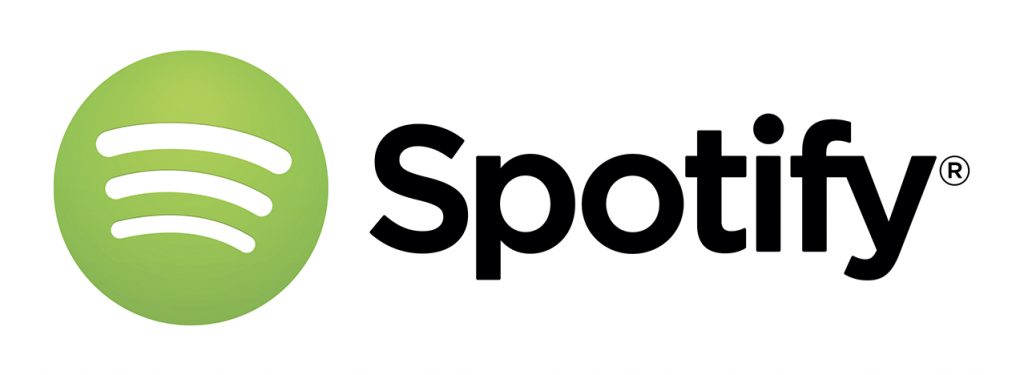The Big Data Musical: Captains, Cowboys, and Treasure
 One of my absolute favorite things to do with my free time, other than re-watching the first and only season of Firefly, is to find and listen to new music. I’m not particularly picky about my music – I genuinely love every genre. So, I was more than a little excited to learn about Spotify’s music streaming service, back in 2011. Their unlimited amount of music is almost overwhelming!
One of my absolute favorite things to do with my free time, other than re-watching the first and only season of Firefly, is to find and listen to new music. I’m not particularly picky about my music – I genuinely love every genre. So, I was more than a little excited to learn about Spotify’s music streaming service, back in 2011. Their unlimited amount of music is almost overwhelming!
A feature that Spotify prides itself on is their music recommendation engine, which analyzes your musical tastes and attempts to offer up similar songs or artists you might like. These recommendations can be delivered through streaming advertisements (if you aren’t subscribed), or their “Explore” section; which lays out a massive array of different music for you to sample.
Last month Spotify acquired their second data analytics firm, Seed Scientific, who is also known for their work with Beats Music and Apple. Spotify’s goal: to enhancing their music recommendation engine. Their first acquisition, The Echo Nest in 2014, reported an analysis of over one trillion data points across 35 million songs all to help improve this single feature.
It’s clear Spotify is sitting on a big data treasure chest full of insights, but do we know what this could mean for the music industry? Spotify tracks: the time of day we listen to music, which songs we skip most, what we’ve “discovered”, where we are located – I could go on and on. Imagine the evolution. They start by analysing what time of day you’re listening, or what songs you listen to the most. Then, a little more complex, what style of song you’re most likely to skip, or how many targeted ads/suggestions lead to you listening to new music. Then something more crazy like, how does the weather affect the tempo of music you’re most likely to listen to. Maybe even using GPS and social media to track what sort of activity you’re doing and how it will affect what music you listen to – I know I enjoy some indie electronic music when I’m out skiing. Things like this aren’t out of the realm of possibility, even now Spotify knows when you’re out for a run and can match the tempo of the music you’re playing to your running pace. Knowing this, creates endless possibilities for the music industry going forward, and it’s all based in how well this stash of Big Data can be analyzed and put to creative use.
Personally, there are a few things that I’d like to see in the near future that I believe could be possible:
- I’d love to see a feature where if it’s summer and the weather is nice and I’m near the water, Spotify would generate a playlist for me with music that will fit and outdoor summer theme.
- I’d love it if Spotify used my location and the location of my friends also on Spotify to determine if I’m around any of my friends and if they are to make sure the playlists generated incorporates some of their tastes and if it’s just me to make the playlist more personal.
- I’d also like to see deeper music recommendations to help discover artists and songs I’ve never heard, this is something I’m completely addicted to already, and would love an easier way to access new stuff.
In it’s current state the recommendation engine is pretty rudimentary; the engine analyses my tastes and compares it to other peoples to find suggestions which leads to artists that are mostly mainstream or already known to me. With the massive amount of data points each song can provide Spotify (and their acquired data crunching firms) could come up with a deeper song recommendation engine which could analyze and average out my tastes in tempo, instrumentation, genre, vocals and so on. This would be amazing not only for me and my music addiction but also great for artists waiting to be discovered or earn a little more money for their art work.
It’s a pretty exciting time for music right now as we move away from physical media (I do still collect vinyl though, I’m that guy) in to the purely digital realm. For me this is nothing but a good thing, anyone who says there is no good new music these days hasn’t taken a few moments to jump online and see what’s available.
Let us know your favorite song, artist, genre, or how you would like the music industry to use this data in the comments.




